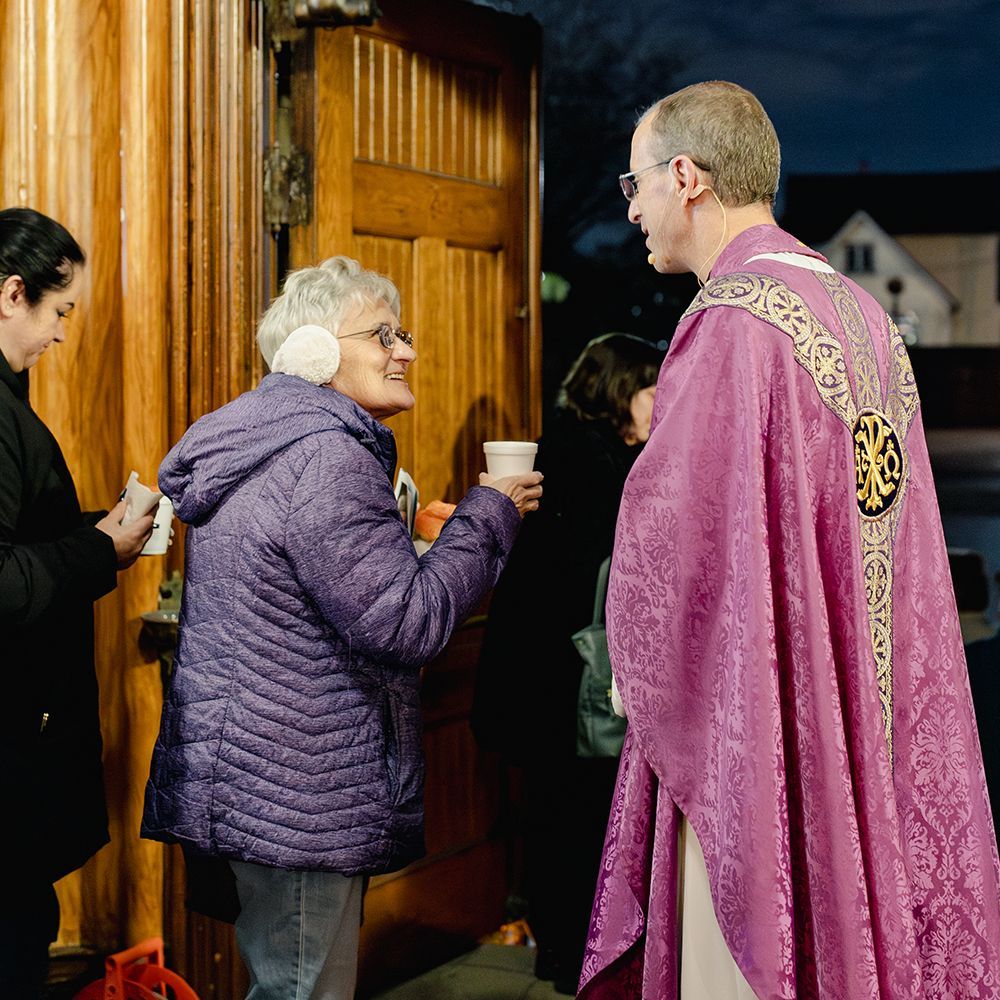The Apology

I like to imagine the Prodigal Son practicing his apology in the mirror.
He wouldn’t have, of course. Mirrors weren’t exactly a dime a dozen back then. But I imagine him anyway, rehearsing the words as he contemplates his own gaunt reflection: “Father, I have sinned against God and against you. Treat me as you would treat one of your hired workers.”
In other words, I have done wrong. I deserve nothing from you. But please, don’t let me starve. Save me.
The apology wasn’t necessary to move the heart of the father. We know that because before they meet, before anything is said, the father is overcome with compassion — not because he got his satisfaction, that long-awaited “I’m sorry, I was wrong.” No, he’s simply overjoyed to see his son alive. Even without apology, we know the father will beg his son to stay.
So why does the son apologize?
The father doesn’t need the “I’m sorry.” He isn’t starving and lost. He knew all along it was a bad idea. He doesn’t need to learn any lessons.
But what a tragedy it would have been, if the son had never said he was sorry. Undoubtedly, his father would have let him stay as a hired worker, and he would have had food to eat. He would have survived. But he wouldn’t have been what he was born to be.
I often think of the son’s apology as I am kneeling in the confessional, awkwardly reciting sins God already knows and is eager to forgive. Why are you doing this? some people would ask. God doesn’t need this.
It’s the apology, you see. The apology means everything. The Prodigal Son was dead. The apology brought him back to life.
God doesn’t need our repentance. We need our repentance.
©LPi




